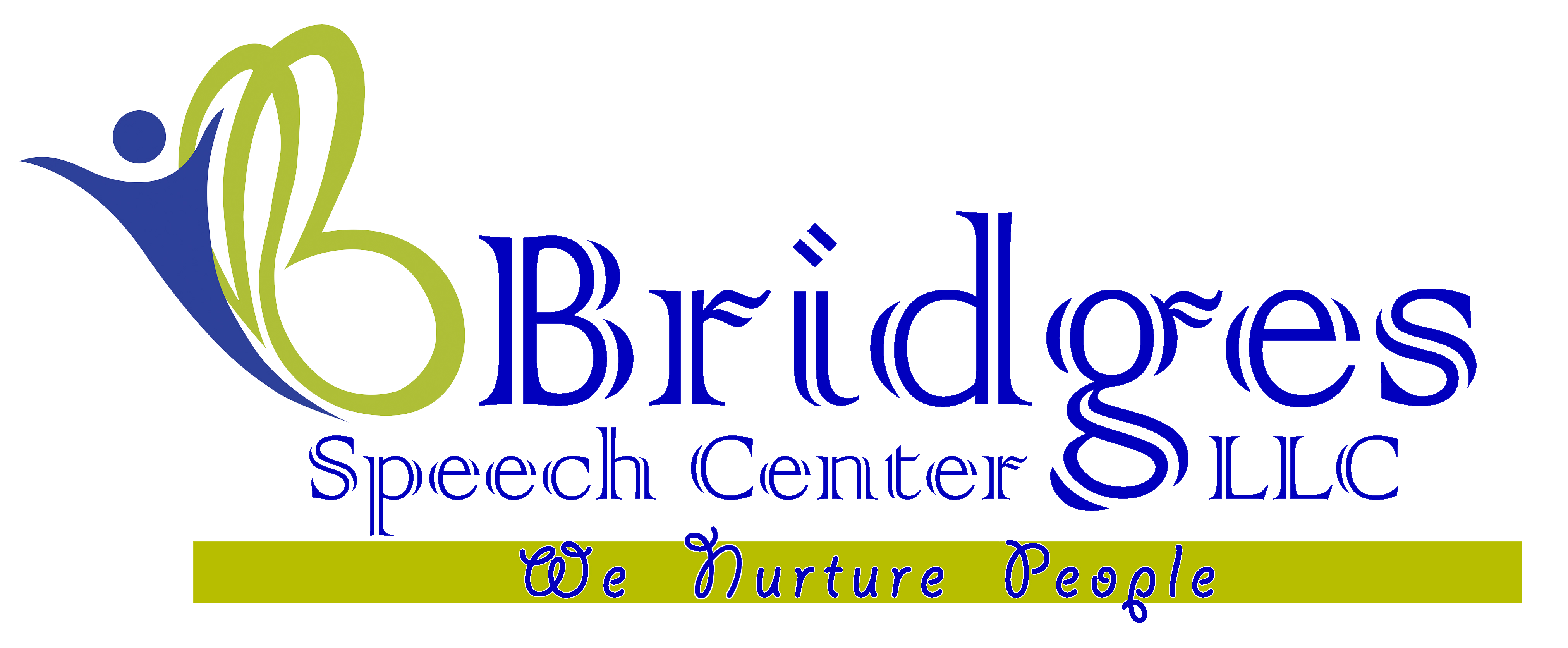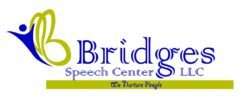- About Us
- Our Services
- Speech Therapy
- Speech and Language Therapies for Adults in Dubai
- Speech and Language Therapies for Children in Dubai
- Accent therapy
- Augmentative Alternative Communication (AAC) Therapy
- Articulation Speech Therapy
- Auditory Processing therapy/ Auditory verbal therapy
- Language Intervention: Speech Delay therapy
- Oral Motor Therapy
- Play Based therapy
- PROMPT/DTTC/RePT for Childhood Apraxia of Speech
- Social communication/Pragmatic language therapy
- Stuttering / Stammering therapy Program
- Spellography Program for Dyslexia
- Voice Therapy
- Feeding Therapy
- Occupational Therapy
- Sensory Integration
- Clinical Psychology & Psychotherapy
- Cognitive Behavioral Therapy(CBT)
- ABA /Behavior Therapy
- Bridge Learning Program
- Group therapy
- Summer/Winter Program
- Telehealth Services
- Training Program/CEU
- Internship/ Observership
- Speech Therapy
- Super Team
- Collaboration
- Training Course
- News/Blogs
- About Us
- Our Services
- Speech Therapy
- Speech and Language Therapies for Adults in Dubai
- Speech and Language Therapies for Children in Dubai
- Accent therapy
- Augmentative Alternative Communication (AAC) Therapy
- Articulation Speech Therapy
- Auditory Processing therapy/ Auditory verbal therapy
- Language Intervention: Speech Delay therapy
- Oral Motor Therapy
- Play Based therapy
- PROMPT/DTTC/RePT for Childhood Apraxia of Speech
- Social communication/Pragmatic language therapy
- Stuttering / Stammering therapy Program
- Spellography Program for Dyslexia
- Voice Therapy
- Feeding Therapy
- Occupational Therapy
- Sensory Integration
- Clinical Psychology & Psychotherapy
- Cognitive Behavioral Therapy(CBT)
- ABA /Behavior Therapy
- Bridge Learning Program
- Group therapy
- Summer/Winter Program
- Telehealth Services
- Training Program/CEU
- Internship/ Observership
- Speech Therapy
- Super Team
- Collaboration
- Training Course
- News/Blogs
Swallowing Therapy Treatment in Dubai
- Home
- Our Services
- Swallowing Therapy
Swallowing therapy
Swallowing therapy, also known as dysphagia therapy, is a specialized intervention designed to address difficulties in swallowing, a complex process involving muscles and nerves that move food and liquids from the mouth to the stomach. Dysphagia can occur due to various factors, including neurological conditions, stroke, aging, head and neck cancer, or structural abnormalities. Swallowing therapy aims to improve the safety and efficiency of swallowing, ensuring individuals can consume food and liquids without the risk of aspiration (when substances enter the airway) and related health complications. Here’s a detailed look at swallowing therapy:
- Assessment: Swallowing therapy begins with a comprehensive assessment conducted by a speech-language pathologist (SLP) or a dysphagia specialist. This assessment evaluates the individual’s swallowing function, including muscle strength, coordination, and any underlying issues.
- Individualized Treatment: Therapy is personalized based on the specific swallowing difficulties and needs of each individual. Treatment plans are adjusted according to assessment findings.
- Oral Motor Exercises: Swallowing therapy often includes oral motor exercises to strengthen and improve the coordination of muscles involved in chewing and swallowing.
- Posture and Positioning: Individuals may be taught specific postures and head positions that optimize swallowing function and reduce the risk of aspiration.
- Texture Modifications: Therapy addresses adjusting the texture and consistency of food and liquids to make swallowing safer. This might involve thickening liquids or modifying the texture of solid foods.
- Swallowing Maneuvers: Techniques such as the chin tuck or supraglottic swallow are taught to help individuals protect their airway during swallowing.
- Breathing-Swallow Synchronization: Coordinating breathing and swallowing to prevent choking and aspiration is emphasized during therapy.
- Tongue and Lip Control: Exercises to improve tongue and lip control can enhance oral phase swallowing.
- Compensatory Strategies: Individuals learn strategies to enhance their swallowing safety, such as taking smaller bites, alternating solids and liquids, and using specific swallowing techniques.
- Therapeutic Feeding: For individuals with more severe swallowing difficulties, therapy may involve supervised therapeutic feeding to gradually reintroduce safe swallowing techniques.
- Exercises for Sensation: Individuals with reduced sensation in the mouth or throat might benefit from sensory exercises to improve their ability to detect food and liquids.
- Diet Modifications: Therapy may involve recommending specific diets or dietary restrictions based on swallowing abilities.
- Biofeedback: Swallowing therapy may use biofeedback techniques to provide individuals with real-time information about their swallowing function.
- Progress Monitoring: Regular assessment and progress tracking help adjust therapy goals and techniques as swallowing function improves.
Swallowing therapy not only focuses on enhancing swallowing safety and efficiency but also aims to improve an individual’s overall quality of life by enabling them to enjoy meals and maintain proper nutrition. By addressing swallowing difficulties, individuals reduce the risk of aspiration-related complications, maintain their independence, and enjoy the pleasures of eating and drinking.
Make Appointment
Testimonials
What Parents Say
Send us an email if you wish to talk to any of them. For more reviews, please go to Google reviews.

My experience with bridges speech centre has been great. My child is attending OT in the center and we are happy and proud with the progress Mrs. Richa has made. The therapists are very supportive and knowledgable in selecting techniques to suit with our child's requirements . Their monthly review and evaluation is remarkable. I highly recommend bridges speech centre to anyone looking for an affordable and professional therapy for their child....

We were asked to consult a speech therapist for my son. As parents we were quite skeptical about this whole process. However, once my son started attending Dr Rupali’s sessions we noticed a drastic improvement in his speech. He used to speak only a few words but within the 1st four sessions he started speaking up-to 5 words sentences. I also learnt to manage my child’s emotions better with Dr Rupali’s guidance. She is very cooperative and patiently answer all questions.

We took our 21 month old daughter to Bridges speech center following her cleft palate surgery as she needed Speech therapy. Ms.Rupali was recommended to us by both our Pediatrician and ENT specialist. The staff at Bridges are qualified, warm and friendly. My daughter loved to attend the speech therapy sessions. Through various techniques and simulations provided during these sessions, I can see considerable improvement in my daughter's speech. Lastly I would say, no child is same, as parents we need to be patient and trust the process.

Rupali was excellent. In just couple of sessions she helped my child overcome difficulty in pronouncing ch and sh sound. Thanks very much.Highly recommend for children who will need assistance in speech therapy.
Blog & Article
Our Latest Blog & Articles
Are you feeling depressed or anxious?
Are you feeling depressed or anxious? abdulrehman August 16, 2023 Uncategorized Are you...
Sensory Integration
Sensory Integration abdulrehman August 11, 2023 Uncategorized Sensory Integration Sensory integration is a...



